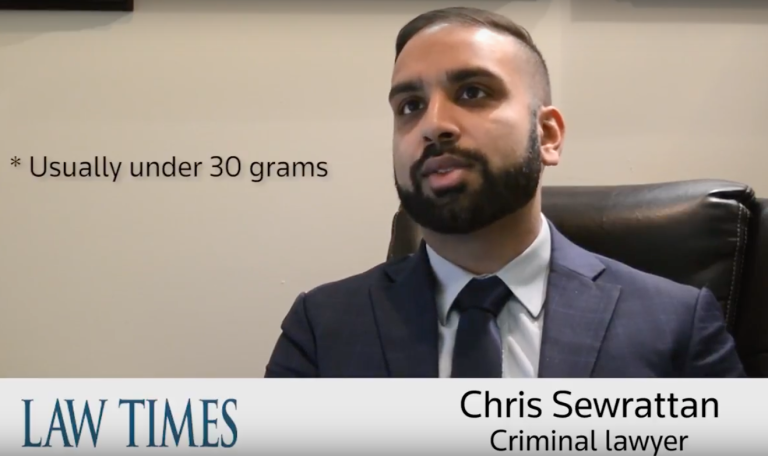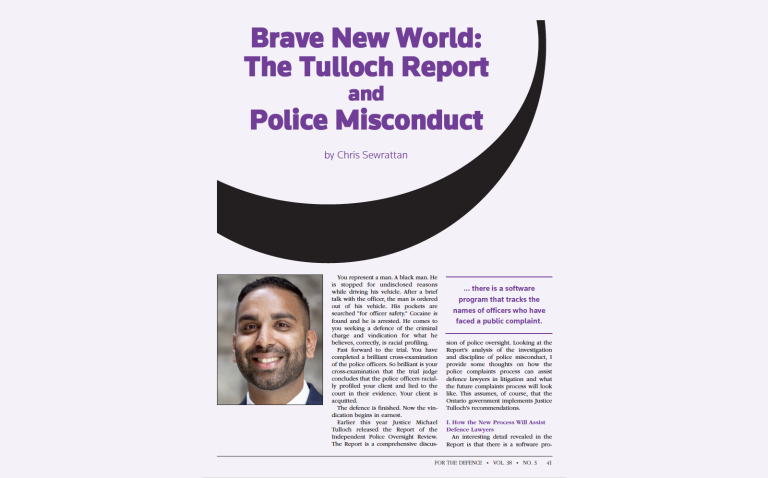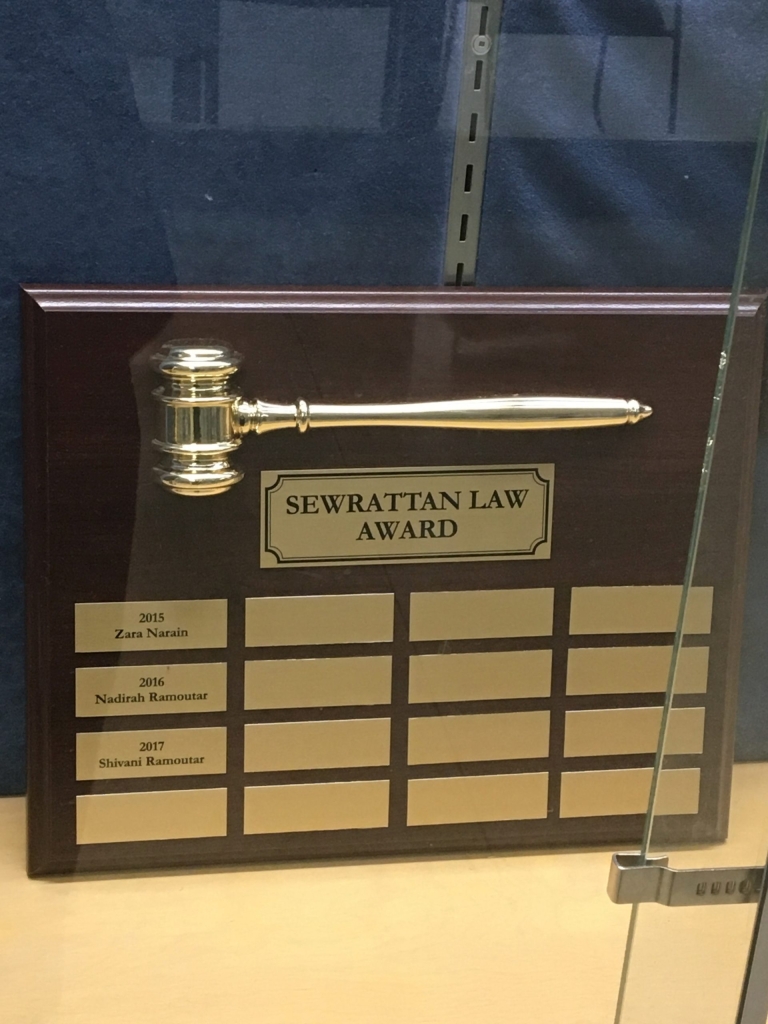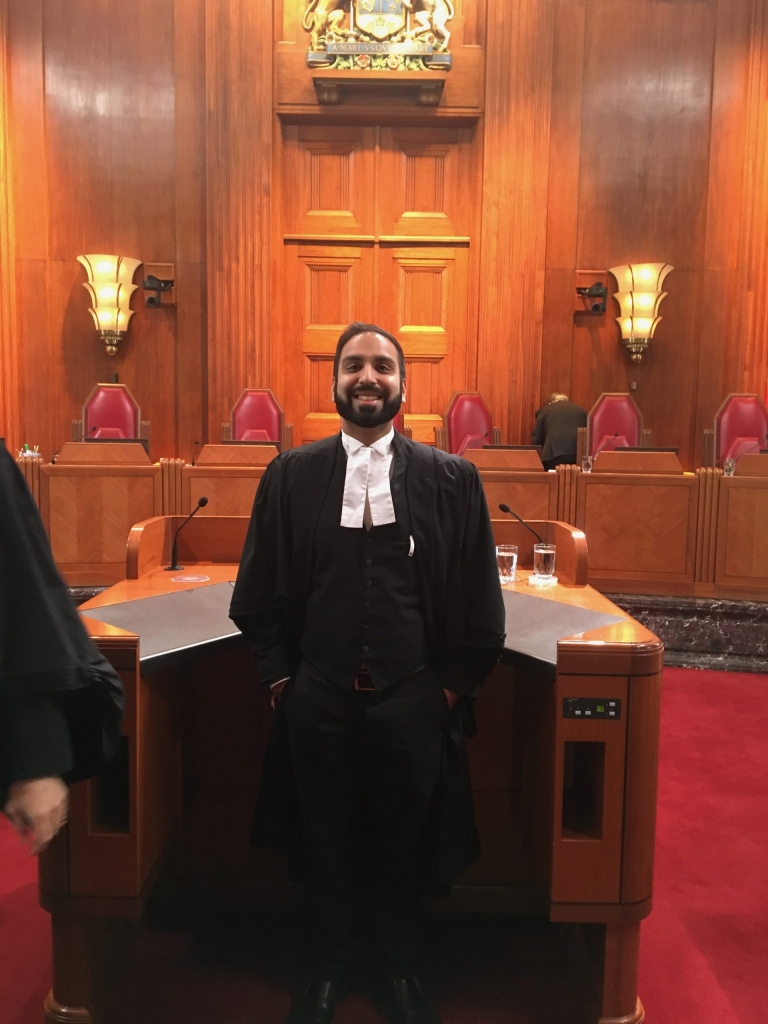Testifying in court can be confusing. There are rules of evidence that prevent people from saying what many might think is important information. In this blog post, I discuss a development in a counter-intuitive testimonial rule, the inadmissibility of prior consistent statements.
This post is for everyone: people unfamiliar with the law, appeal lawyers, and evidence scholars. It’s a short discussion in which I look at a development and point out some cases in which the rule is applied. None of what I write is legal advice.






![Subject: Thunder Bay law school picture On 2013-09-04, at 3:59 PM, Brown, Louise wrote: Louise Brown Education Reporter Toronto Star 416-869-4306 lbrown@thestar.ca From: Brandon Walker [mailto:bwalker3@lakeheadu.ca] Sent: Wednesday, September 04, 2013 3:58 PM To: Brown, Louise Subject: Picture Hi Louise, The photo is attached. Please only use with this story. I hope to have answers for you soon. -- Regards, Brandon Walker Media Relations Officer Lakehead University Ontario, Canada +1 (807) 343-8372 brandon.walker@lakeheadu.ca Lakehead Media Relations PACI-09-2.jpg Lakehead University law school](https://sewrattan.com/wp-content/uploads/freshizer/161ddca432f8a70ea76a9e7a1c4639ec_14-768-c-100.jpg)




